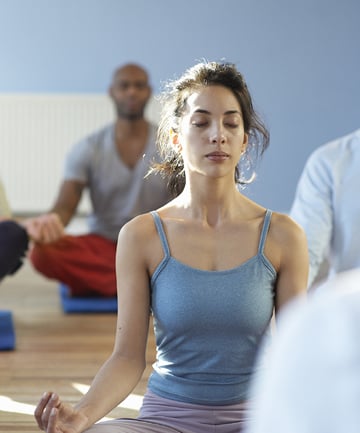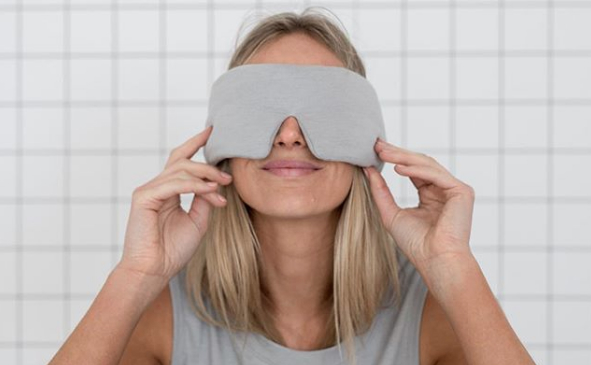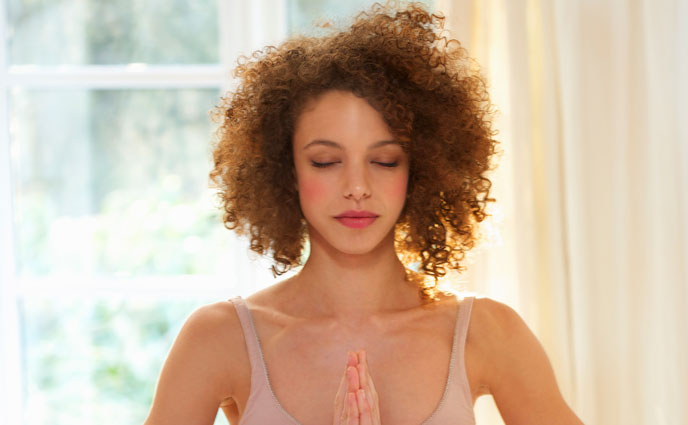There truly is an app for everything, including dozens created to help you meditate. They come in handy, especially for those who might feel intimidated by the concept of meditating alone in a room by themselves. "Most of the meditation apps, like HeadSpace or Insight Timer, have meditations specifically designed for beginners so they are a great place to start," Axelrod says. However, she does recommend working up to the level of being able to meditate on your own without an app. "It's incredibly powerful to sit in silence with your breath and be present for whatever emotions and thoughts arise," she adds.
Community can play a big role in encouraging people to keep up with their meditation practice. "Finding friends to meditate with, places or classes to go meditate and a mentor or teacher really augment the experience of having a meditation practice," says Ellie Cobb, PhD, holistic psychologist and meditation teacher. "We are social beings, so anything we do in connection resonates at a deeper level."
Image via Dougal Waters/DigitalVision/Getty
Your ultimate goal in a meditation practice is to adopt one that you can keep, as regular practice deepens the benefits you'll reap from each session. In order to better achieve a routine you can commit to, you have to be flexible and dedicated. "As much as the benefits of a daily meditation practice are substantial, being realistic and flexible about one's practice allows for more sustainability over time," says Cobb. "While a consistent, sustained practice facilitates the most intrinsic benefits, many of the benefits of meditation can be extracted even from short and sporadic practices."
Image via svetikd/E+/Getty







